
DIAPOD
Mechanistic understanding of the role of diatoms in the success of the Arctic Calanus complex and implications for a warmer Arctic
-
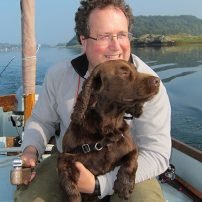
Professor David Pond
Lead Investigator
-
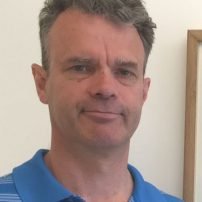
Professor Tom Anderson
Co-investigator
-

Florence Atherden
PhD student
-
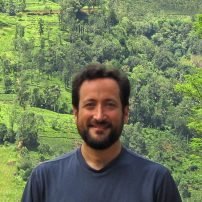
Dr Neil Banas
Co-investigator
-
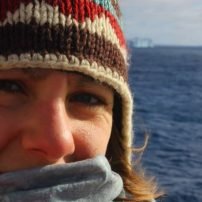
Dr Anna Belcher
Post-doctoral researcher
-

Dr Tom Brown
Co-investigator
-

Dr Claudia Castellani
Co-investigator
-
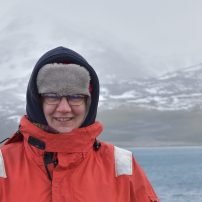
Dr Kathryn Cook
Post-doctoral researcher
-

Andy Crabb
Film maker
-
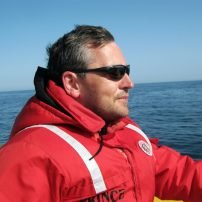
Professor Martin Edwards
Co-investigator
-
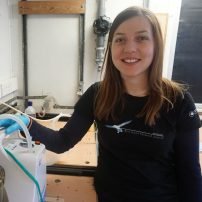
Dr Jennifer Freer
Post-doctoral researcher
-

Professor Mike Heath
Co-investigator
-

Holly Jenkins
PhD student
-

Dr Kim Last
Co-investigator
-

Professor Pennie Lindeque
Co-investigator
-

Dr Dan Mayor
Co-investigator
-
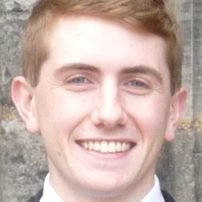
Euan McRae
PhD student
-

Elaine Mitchell
Technician
-
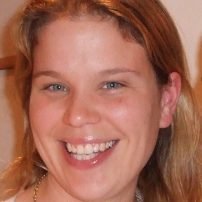
Dr Helen Parry
Co-investigator
-
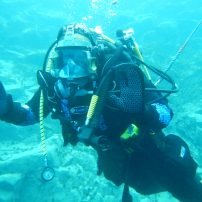
Sarah Reed
Technician
-

Dr Douglas Speirs
Co-investigator
-

Professor Geraint Tarling
Co-investigator
-

Dr Robert Wilson
Post-doctoral researcher
-

Dr Andrew Yool
Co-investigator
Lead Investigator
-
 View full profile
View full profileProfessor David Pond
Lead Investigator, University of Stirling
I am a professor in the Institute of Aquaculture at the University of Stirling, and lead investigator of the DIAPOD project and co-investigator in the CHASE project.
My research interests are extremely broad based, ranging from viruses to seals and over spatial scales of coastal waters to open ocean, from the tropics to the poles.
My science activities are both field and laboratory based and I specialise in exploiting newly developed analytical techniques to address globally relevant ecological issues.
A main emphasis of my research is to study biomarkers, particularly lipids in marine ecosystems to understand how ecosystems function. Biomarkers allow a forensic approach to ecological science by determining the origins and fate of these organic molecules and particularly how those that are nutritionally important, impact on population dynamics of marine organisms and communities.
A major current focus of my research is determining the role of biophysics, specifically solid-liquid phase transition of lipids, in the behavioural ecology and metabolism of organisms in both aquatic and terrestrial environments.
Related Articles
-
If Oceans Could Speak
We are delighted to reveal that a new polar podcast – If Oceans Could Speak – will be launching soon, featuring Dr Jen Freer from the Changing Arctic Ocean Programme DIAPOD project. This podcast listens to stories from people who have shared their life with the sea around them, and… Read more
30 September 2021 -
New study shows a 50% decline in Krill abundance in the North Atlantic
Press release of 1st June 2021 from University of Plymouth A team of UK and French scientists have shown a huge decline in North Atlantic krill over the last 60 years driven primarily by climate variability and North Atlantic warming. Krill, are extremely abundant crustaceans present throughout the world’s oceans.… Read more
07 June 2021


